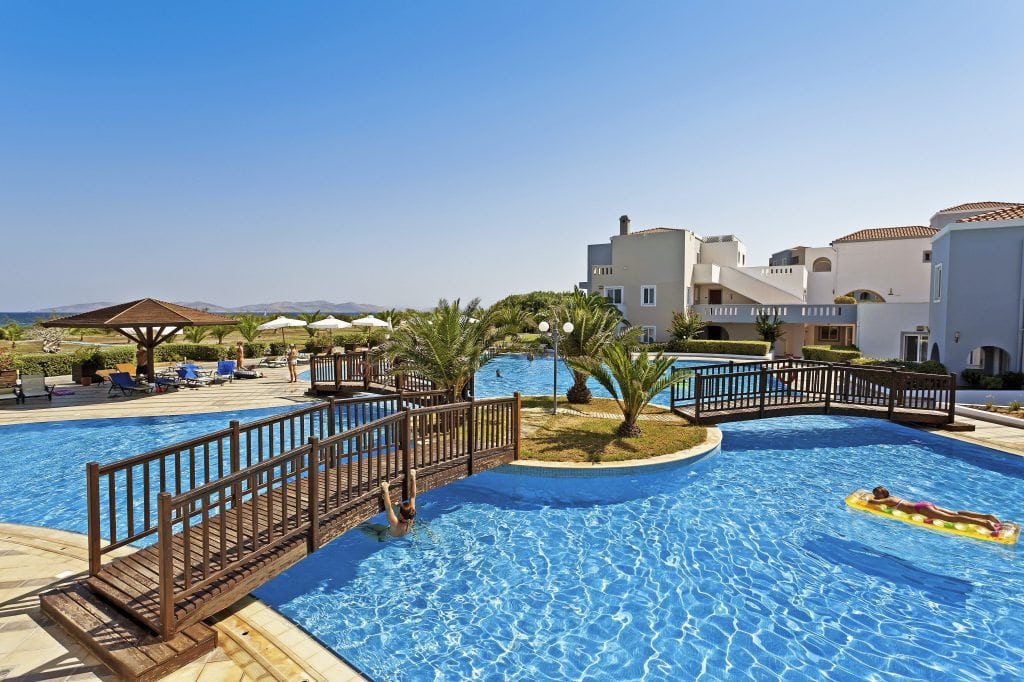
TUI Group’s Magic Life Marmari Palace property in Kos, Greece. The company wants to expand into new source markets. TUI Group
European Travel company TUI Group is planning to target new source markets as part of a plan to generate $1.1 billion (€1 billion) in new revenue.
The company, which no longer sees itself as just a tour operator but rather an integrated tourism business, is looking at opening up digital ventures in places like Spain and Portugal as well as China and South East Asia.
Current executive board member Frank Rosenberger has been tasked with looking after TUI’s expansion into the new markets. By 2022 the company is hoping to have an additional 1 million customers.
“This is targeted to countries where we don’t have tour operating activities. And of course we are looking at countries where [they] have an increasing middle class,” Chief Executive Fritz Joussen said.
Joussen added that the new markets would be run on two premises: they “must be digital” and they “must be targeted to fill our own hotels.”
TUI would look to South America to fill its Caribbean hotels or China for its Thailand properties.
The plan to expand into new tourism markets came a day after TUI Group completed the sale of one of its legacy businesses.
Travelopia, a collection of niche tour operators, is being bought by U.S. private equity giant Kohlberg Kravis Roberts for $404 million (€381 million)
While Joussen the final sale price was 7.7 times its underlying EBITDA (earnings before interest, tax, depreciation and amortization), the figure was significantly below the figure of between $557-$669 million cited by Reuters last September.
Joussen said the disposal marked “the next strategic step to further sharpen TUI’s profile as a vertically integrated tourism business.”
Meanwhile, TUI still expects to hit its guidance of 10 percent growth in underlying EBITA (earnings before interest, taxes, and amortization) in its current financial year following an encouraging first quarter.
The company saw its net loss cut by 40.9 percent to $86.7 million (€81.6 million). European travel companies tend to be highly seasonal and frequently post losses in the winter months before making this up in the summer months when tourists head for beaches in places like the Mediterranean. Revenue grew by 2.3 percent to $3.5 billion (€3.3 billion).
Mark Irvine-Fortescue, an analyst at Panumure Gordon, said: “TUI’s transition to a content-centric, vertically integrated model is delivering to targets, with merger synergies coming through as planned. The targeted 10%+ annual underlying EBITA growth looks assured, but we worry about the increasing capital intensity required to generate said growth.”
Panmure Gordon has reiterated its sell recommendation.
The most recent analyst consensus, according to the Financial Times, is that the company will outperform the market.
